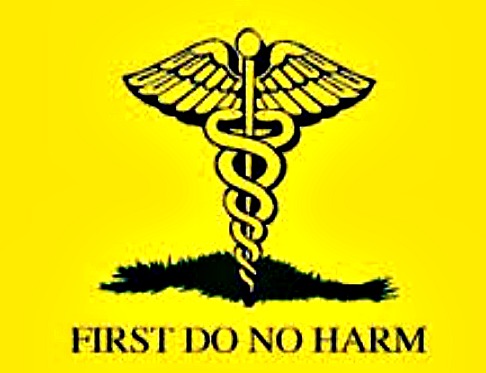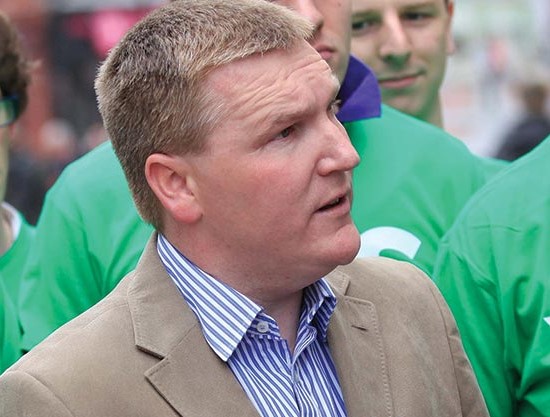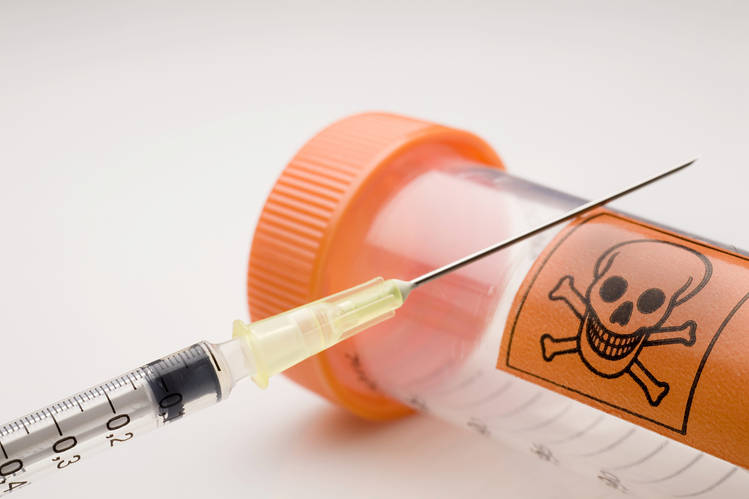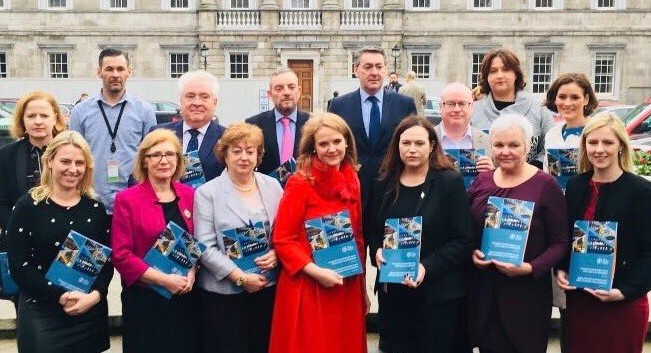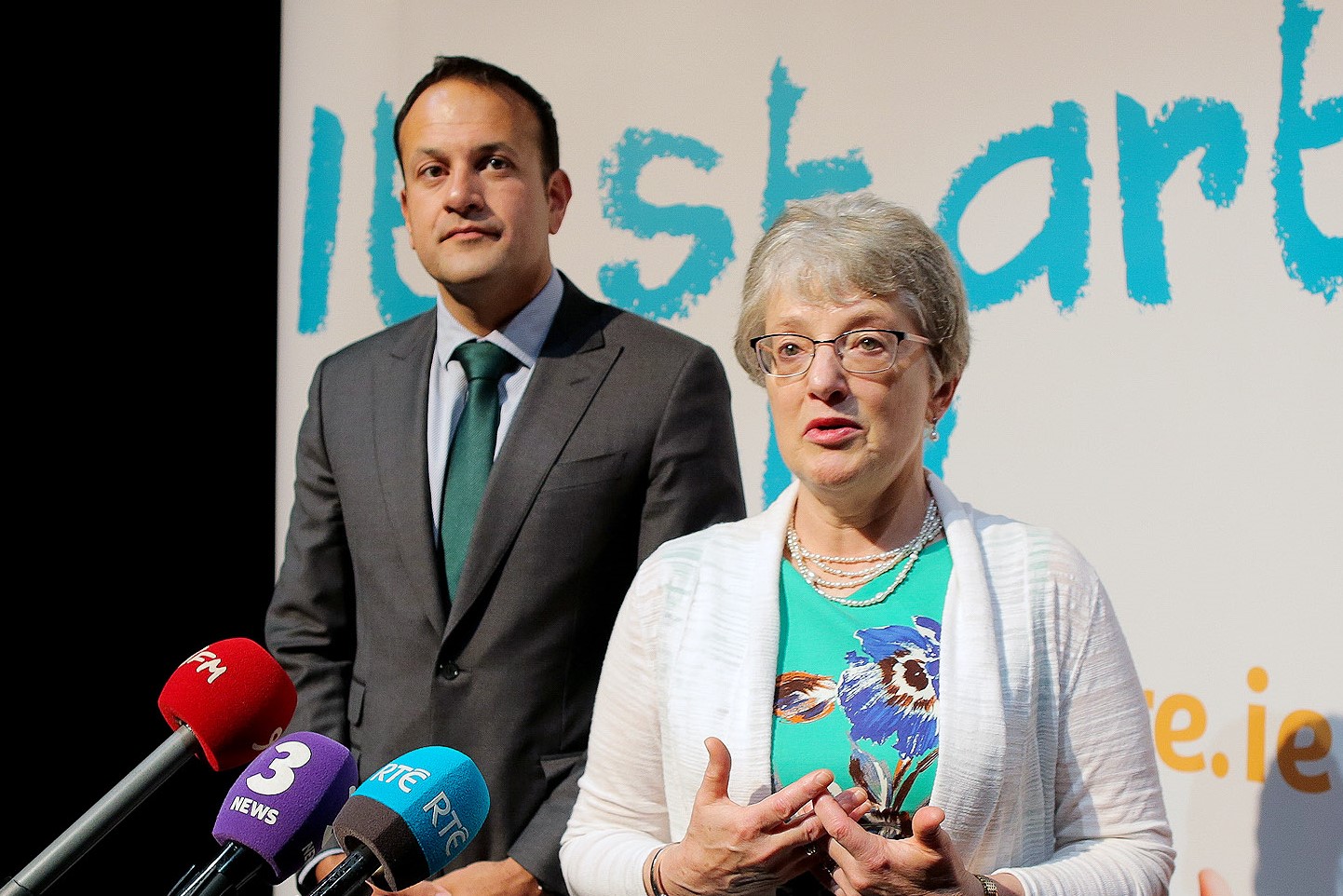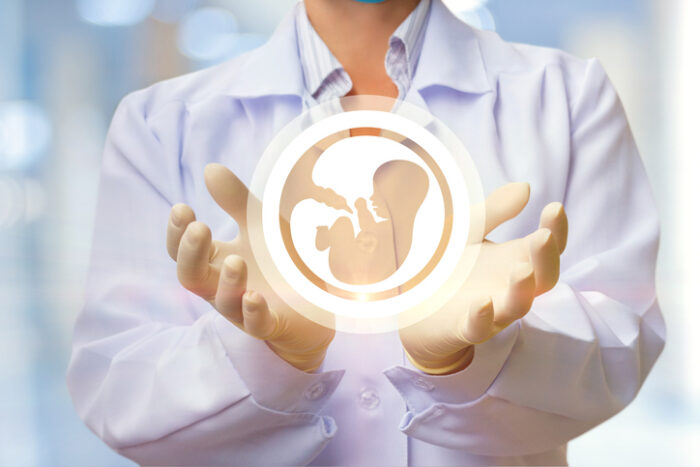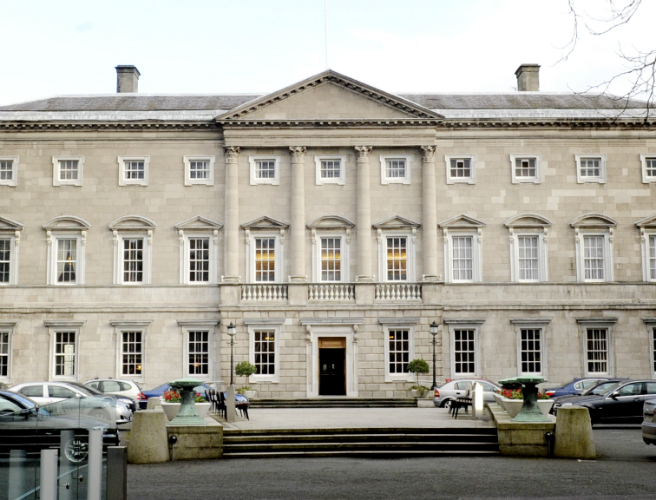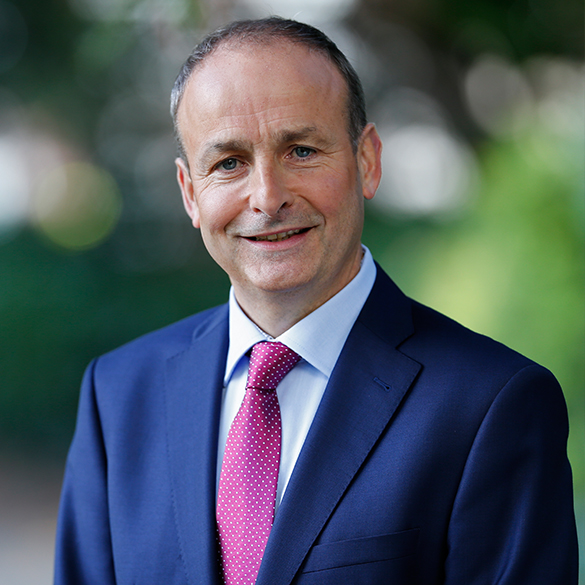“Those who propose the repeal of the Eighth Amendment are those who Pope Francis describes as promoting a culture of death,” said Fr Brian Lawless, the parish priest of St Bernadette’s Church in Crumlin who works closely with the Archbishop of Dublin, Dr Diarmuid Martin, on the Dublin Diocesan Matt Talbot Committee. Fr Lawless told parishioners on Sunday, “Let us not forget also the rights of little girls and boys who will be aborted. How many great gifts and geniuses have never entered this world because of our…culture of death?”
Fr Lawless said just because, “something is put into law doesn’t mean it is good, or that it is true, or beneficial to society”, and cited the example of slavery laws in Britain and the US. He also said that, after abortion, campaigners will be emboldened to cut away at more of the country’s pro-life laws, targeting the elderly next. “With this emboldened approach, the pro-choice people have probably next on the agenda euthanasia because part of their premise is that because an unborn child is totally dependent for its existence on another individual, therefore it has no right to life.”
“The same too can be said of the elderly. How many of us have elderly parents, who are totally dependent on us for their existence? Should they also be discarded and done away with?” he asked. “We have no right to vote as to whether someone should live or die, only God can decide this,” Fr Lawless added.

